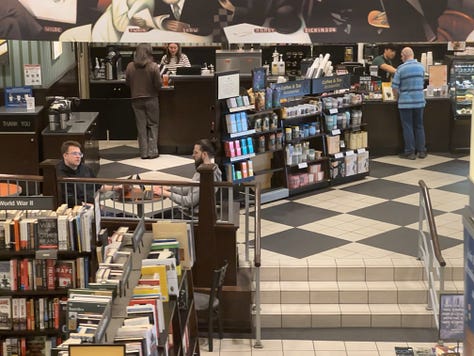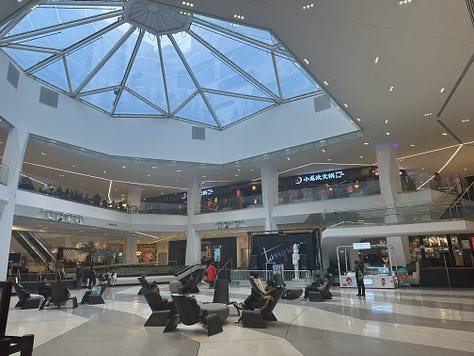Finding Your Third Space: Psychology’s Take on Third Spaces
Cafés, Connection & the Mind
With the digital world encroaching upon us, finding a space where we can simply exist, is becoming a struggle. Our mental health is very susceptible to change. The door not opening properly or miss entering your phone’s passcode can cause small amounts of stress that along with major life events can drastically impact our livelihood. A location away from the demands of work and home are becoming increasingly more important than ever. These spaces are often referred to as third spaces, areas of rest and recovery, creative freedom, and personal growth. Within these communities; online or in-person, people can find belonging.
How do we know?
To better understand the effects of third spaces in our mental and emotional well-being. I sat down with Dr. Emily Cowan. She is a cognitive-neuropsychologist and assistant professor at Adelphi University. In our conversation, Dr. Cowan shared compelling insights into what makes third spaces important, how they grow, and potential risks for expanding them.
We first tackle the definition of third space from a psychological perspective. Of which she describes a location that is not home or work, but rather a unique location that normally doubles as a community space. From there, we talk about the value of third spaces. They offer mental support along with social interactions. She mentions that a few viable locations are cafes, restaurants, and gyms.



These locations all reduce loneliness and stress while creating an identity for the people it affects. Lastly, I asked her about the potential risks of third spaces. She pointed out that while there are other spaces that can be physically, mentally, or emotionally harmful, there is no real downside to having a third space.
Third spaces may seem like your ordinary location on the surface, but as Dr. Cowan highlighted, they shape our mental health, social identity, and sense of community. In today’s world we are prone to self-isolations, over-exertion, and lack of real connections, these in-between places offer us something unique, belonging. As the world becomes more digitized, it’s worth asking how we can protect third spaces, whether they are our corner cafe or a chat room with all our friends.


